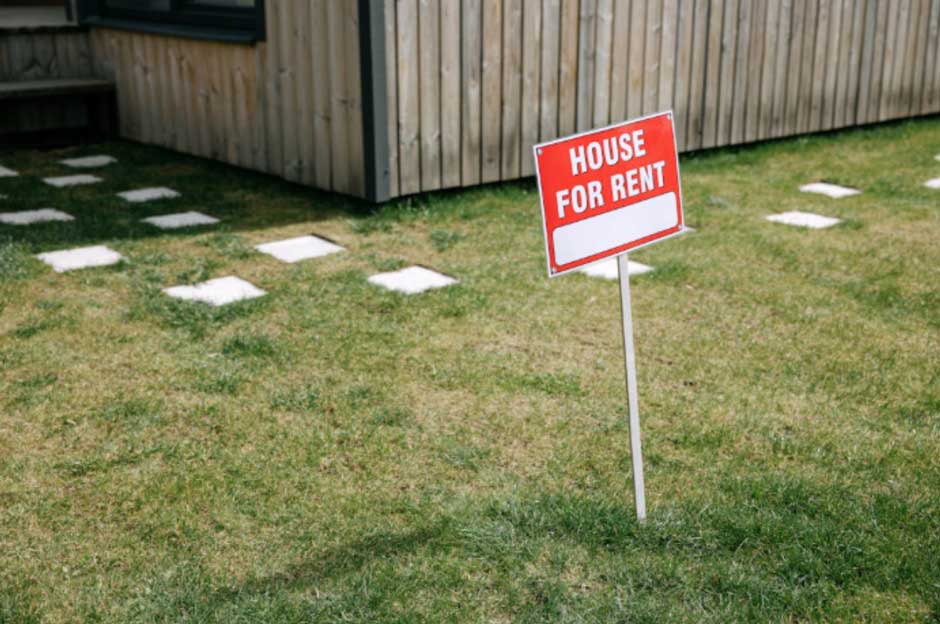Avoiding Costly Screening Mistakes in Property Rentals

Choosing the wrong tenant can turn into a serious problem. Missed rent, property damage, or months of legal trouble aren’t rare when screening isn’t done right. Many landlords, especially new ones, think screening is just about collecting a few details and running a quick credit check. But tenant screening is a multi-step process. If you cut corners or rely too much on instinct, you risk ending up with someone who doesn’t pay on time, violates lease rules, or creates problems with neighbors.
Even in a state like Wisconsin, where landlord laws are clear, many property owners still struggle to follow best practices. One mistake in how you screen applicants can lead to months of stress and financial loss.
The good news is that most screening errors are easy to fix—if you know what to watch for. Let’s go over the common ones and how to avoid them.
1. Accepting Incomplete Applications
It’s tempting to approve a tenant quickly, especially if your unit has been sitting vacant. But moving forward with an incomplete application often leads to problems. Applicants who leave out rental history, skip references, or provide vague job details might be trying to avoid scrutiny—or just not paying attention.
Every section of the application matters. If something is missing, follow up immediately. If the applicant can’t give a clear answer or avoids responding, it’s usually best to walk away. Strong tenants don’t hesitate to provide complete information.
Using a detailed and standardized form—like a Wisconsin rental application form—can help make this step easier. These forms are built to gather the right information and keep the process consistent. When everything is laid out clearly, it’s easier to spot missing pieces and avoid wasting time on incomplete submissions.
2. Skipping Income Verification
A lot of landlords accept pay stubs at face value. This seems simple, but it opens the door to fraud. Fake pay stubs are easy to create and hard to spot if you’re not checking carefully. Some tenants also list income from jobs they no longer have.
Don’t just glance at documents. Call the employer using a company number—not one provided by the applicant. Ask how long the applicant has worked there and confirm their position and pay. If anything feels uncertain, ask for extra proof like recent bank statements. It may take a few extra minutes, but confirming that an applicant can afford the rent is always worth the effort.
3. Not Getting Written Consent for Checks
Before you run a credit or background check, you must get written permission from the applicant. This is not just a courtesy—it’s the law. Failing to do this could lead to legal trouble or fines, depending on your state.
The consent section should be part of your rental application. It should clearly state that you’ll be reviewing their credit, rental history, and background. Have the applicant sign and date the form. That way, there’s no confusion later if they question the results or decision.
4. Trusting Credit Scores Alone
Credit scores can be helpful, but they don’t tell the whole story. Some landlords rely too heavily on this number when deciding who to rent to. A high credit score might come from someone with lots of credit cards but no stable income. On the other hand, someone with a lower score might always pay rent on time.
Instead of judging an applicant by a number, look at the full report. Check for missed payments, large debts, or recent bankruptcies. Then combine that with what you find from their income, rental history, and references. A well-rounded review leads to better decisions.
5. Not Checking for Criminal History
Some landlords skip background checks altogether. Others glance at the report without understanding what they’re looking for. A proper criminal history check is more than just scanning for any record—it’s about understanding risk.
Focus on serious or recent offenses that could impact safety or property. A decade-old minor violation may not be a dealbreaker. But multiple offenses or violence-related charges could be. Always follow federal and local guidelines when reviewing this type of information. Make sure your decision is based on facts that relate directly to the person’s ability to be a responsible tenant.
6. Being Too Strict About Pets Without Reason
Many property owners automatically reject pet owners. This might seem like a safe choice, but it can reduce your pool of reliable applicants. Responsible pet owners often make great tenants.
Instead of banning all pets, ask for specific information. What kind of pets do they have? Is it trained? Do they have vet records? Some landlords charge pet rent or a refundable pet deposit to cover any potential damage. A flexible policy, backed by clear rules, can work better than a strict no-pet rule that turns away quality renters.
7. Applying Different Standards to Different Applicants
You must treat every applicant the same. That means using one process, one checklist, and the same requirements for everyone. If you make exceptions or change your approach depending on the person, you could face legal problems. Even if you’re trying to be helpful, it can be seen as unfair.
Put your screening rules in writing. That way, you can refer to them with every applicant. Use the same forms, ask the same questions, and follow the same steps. This not only protects you legally but helps you stay organized and objective.
8. Doing Everything Manually Without Tools
Managing the screening process by hand—using paper forms or scattered emails—leads to delays and missed details. It also makes it harder to stay organized, especially if you’re handling more than one unit.
There are many digital screening tools that make things easier. These platforms allow applicants to submit everything online and help you track each step of the process. You can store records securely, access reports quickly, and reduce errors. If you’re serious about improving your process, using a screening tool is a smart step.
Tenant screening is more than just a form or a background check. It’s a complete process that helps you find the right renter and avoid long-term problems. Small mistakes—like skipping a reference call or relying on credit scores alone—can lead to bigger issues that cost you time and money.
The good news is that every mistake covered here has a simple fix. With a clear plan, the right tools, and attention to detail, you can build a system that works. This means fewer vacancies, better tenants, and more peace of mind. Take the time now to improve your screening process—it will pay off in the long run.


